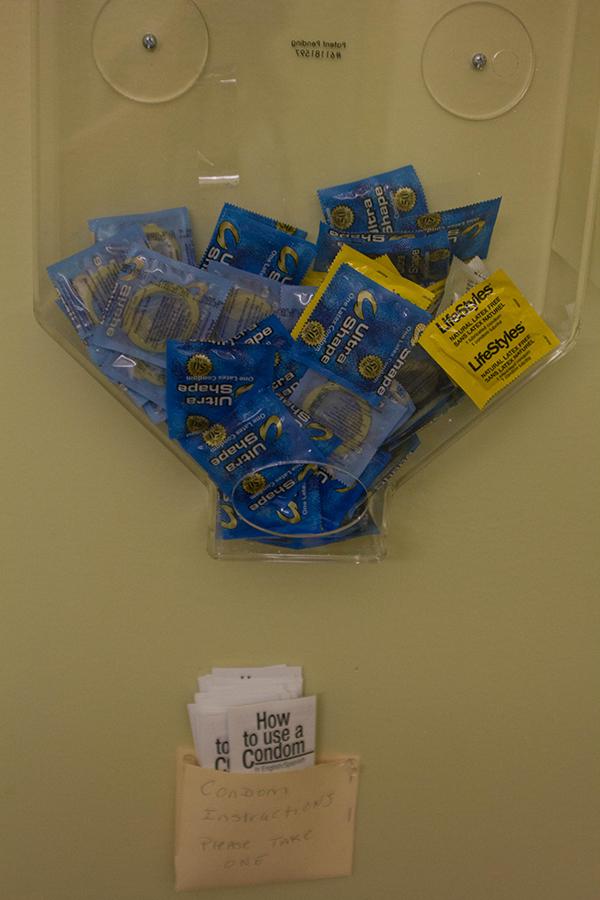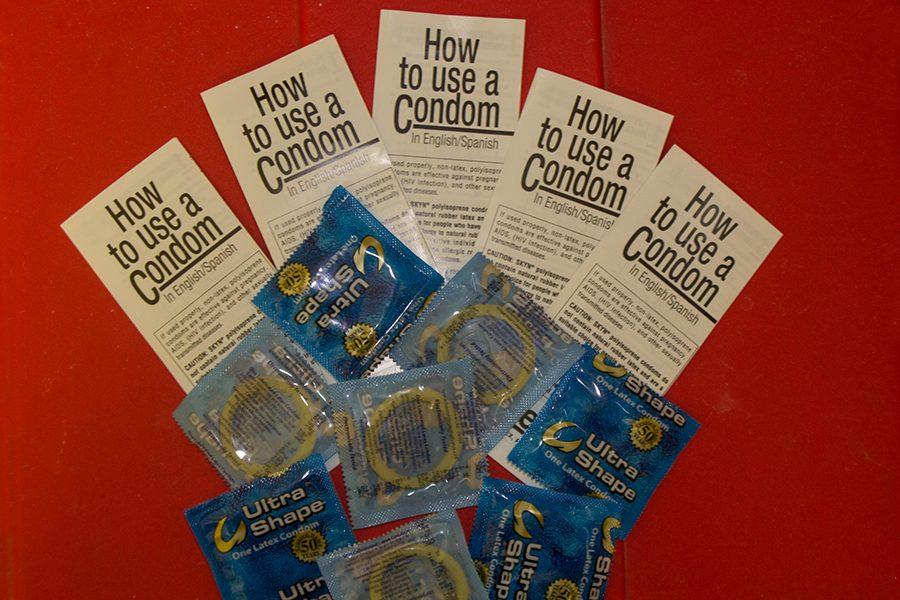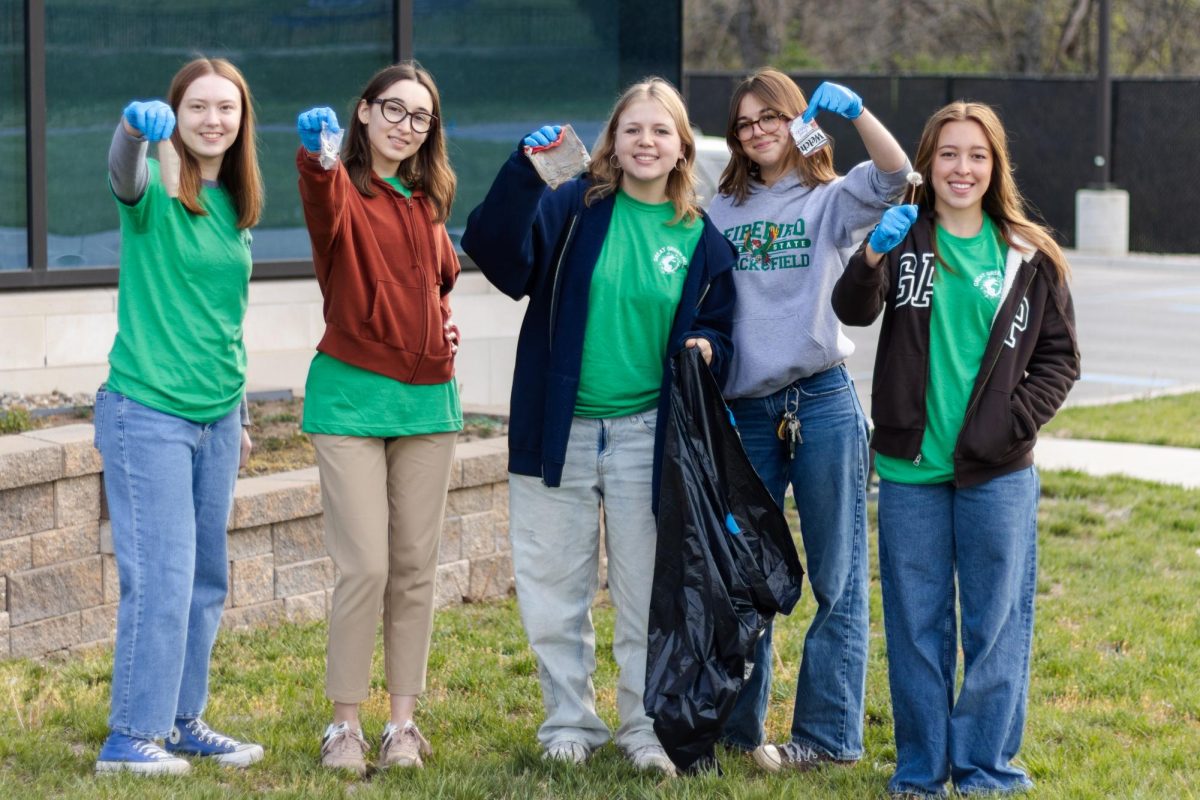Condom dispenser encourages safer sex, raises parental concerns
November 6, 2016
Starting this month, safe sex could take a matter of seconds. The Douglas County Health Department and Lawrence Public Schools have implemented a dispenser making free condoms available for students in the nurse’s office restrooms at both high schools.
Although the DCHD provided both the condoms and dispensers, the plan had to be first proposed to superintendent Kyle Hayden, by school board member Vanessa Sanburn.
After Sanburn proposed the plan, Hayden began to discuss the plan with high school administrators and reported to the school board.
With 43% of Kansas high school students reporting to have had sex (according to the U.S. Department of Health and services) and 61% of those students having reported to have used condoms the last time they had sexual intercourse, administrators supported the plan.
Though condoms are the most common form of protection against pregnancy, STDs and STIs for adolescents, Sanburn believes teenagers may still face barriers accessing them
“Young people are not restricted from accessing condoms at the health department or drugstores– there is no minimum age to purchasing condoms,”Sanburn said. “Making condoms available at school only decreases financial and transportation barriers to access.”
Nurse Christine McPherson believes some sexually active students are primarily embarrassed of obtaining condoms because adolescents are afraid someone is going to tell their parents.
 The condom dispenser offers students a confidential way of obtaining protection, but still faces criticisms from some parents and students.
The condom dispenser offers students a confidential way of obtaining protection, but still faces criticisms from some parents and students.
“If people are gonna do it, they should at least have protection,” Senior Macie Reeb said. “But at the same time it’s sort of promoting [sex] or saying it’s okay, which I don’t know if I agree with.”
Faced with concerns that open-access to condoms will encourage sexual activity at a young age, Sanburn argues the opposite.
“Improved access to condoms doesn’t increase the likelihood that people have sex, only that they use condoms when they do. Increased condom use is linked to a decrease in unintended pregnancy and decreased rates of Sexually Transmitted Infections.”
Many parents have expressed concerns that students’ open-access to condoms oversteps the boundaries of a topic that should be up to a guardian’s discretion.
Sophomore Will Byers believes the condom dispenser is positive for the student body, but still values the role of a family in sexual education.
“Kids should be taught about sex by someone who’s close with them and is educated themselves,” Byers said. “Like a parent or older sibling, as well as in school.”
Combined with the comprehensive sexual education curriculum implemented in 2013, Lawrence high schools have paved the way for other Kansas schools to follow the changes being made to curriculums around the country, according the the Lawrence Journal World.
With a rising rate of chlamydia, syphilis, and other STDs and STIs in Kansas, Sanburn sees now as the time to make steps towards prevention for adolescents.
“The American Academy of Pediatrics and the CDC are both in favor of removing barriers to access to condoms,” Sanburn said. “The research is clear that this is a positive step for students.”








